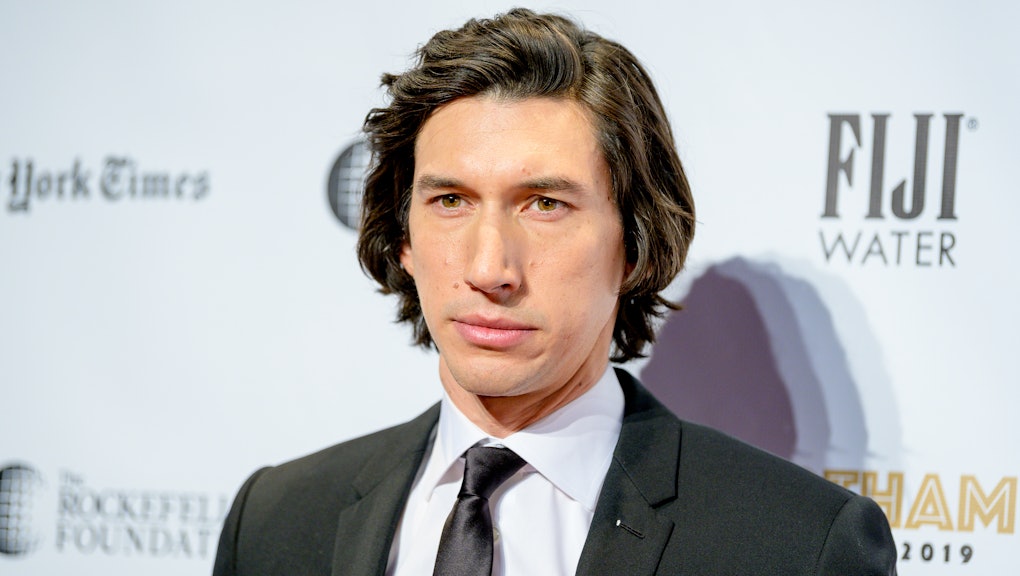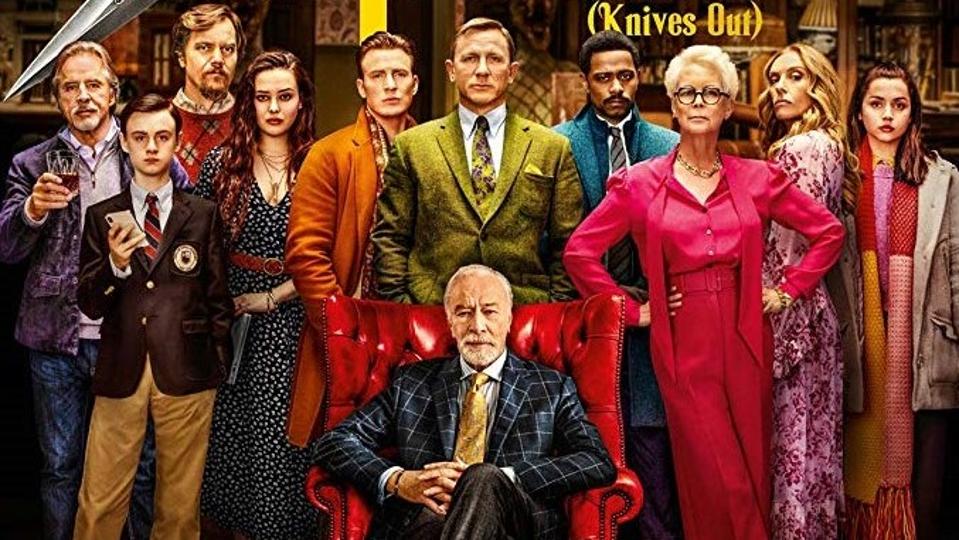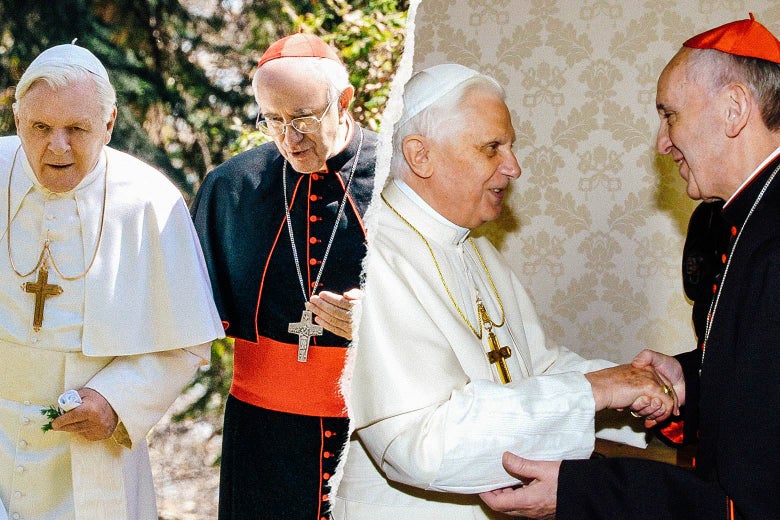![]()
Hollywood has always struggled with diarrhea of the mouth. It can’t help but spew forth when it gets excited. Trailers give away the entire movie. Sequels dwarf originals. A comic-book film works? Clone away! A star is trending on social media? Put star in everything. 
One of its golden rules, however, used to be: Never give away the ending. Remember when people were shocked that Bruce Willis was a ghost in The Sixth Sense? Or that the heroine in The Crying Game was actually the hero? Oh yeah, spoiler warning. Secrets were easier to keep before the internet, but, even now, studios request that reviewers not post spoilers on social media outlets.
But leave it to Tinseltown to burn the tinsel down. Last week, Rian Johnson, the director of the whodunit Knives Out, recently sat down for an interview with Vanity Fair to break down a scene from the film. During it, he revealed that Apple, a sponsor of the film, doesn’t allow “bad guys” to have an Iphone on screen. As part of Apple’s guidelines, the company confirmed, third parties can only show their products “in the best light” and “in a manner or context that reflects favorably” on the company.
Well, there goes your whodunnit.
Corporations have always flexed Darwinian dominance on celluloid. Ever seen James Bond in a smashed-to-hell Aston Martin? Or Tom Cruise in a dented BMW? Or a hero whose Ferrari isn’t spit-polish clean? Exclusive car manufacturers have their own usage guideline, the underpinning one being: “Don’t make our cars look like shit.”
But that didn’t affect a movie’s plot. We already know James Bond isn’t going to die in any spy installment. That the man’s wheels are as polished as the man is no great stretch.
But Apple’s villainy clause underscores Hollywood’s villainy problem. The Usual Suspects, for instance, would not exist, or require Keiser Soze to use a Tracfone or some other cheap 7-Eleven burner. And you know Kaiser don’t Android. Cell phones played a key role in The Departed. Would the studio have insisted on those old brick handsets?
While the Apple disclosure isn’t going to send shock waves through the industry (Netflix and Amazon do that), it does underscore a larger problem the film industry faces in portraying bad guys.
Time was, studios would appoint villains the nationalities of any countries we saw on the battlefield. Native Americans. Asians. Germans.
In the 70’s, Hollywood took a bad-guy-bead on nationalities. Black and Hispanic actors, in particular, were easy, disenfranchised foible fodder. Clint Eastwood built his legend on challenging minorities to bullet counts.
In today’s online, social justice frontier, however, there are fewer choices of folks to vilify. The Hunt, a violent human prey film from Blumhouse pictures, was delayed for months because protesters saw it as a political screed against political correctness. It was quietly re-edited and will be released next week.
So who’s left? Pederasts and serial killers are usually a safe bet — just be careful the color and gender you choose for the antagonist. Aliens are a pretty safe bet, as long as you make it clear we’re talking about space aliens.
I’m sure Hollywood will think of something. Who knows? Sometimes, they’re even in your own backyard. 







